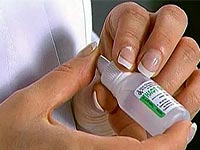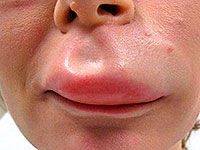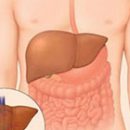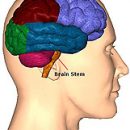The immune system protects a person from a wide variety of infections. The organs of the immune system produce certain cells, biologically active substances that destroy and neutralize alien substances. In disruption of the production of these components, immunodeficiency develops.
Content
Concept of human immunity
In our body there is a whole system capable of protecting us from all kinds of infections. We are not the only one in this world. Together with us there are also viruses, bacteria, fungi and parasites. They also fight for survival and live in all organisms, including human. To resist these uninvited guests, and the cells of the immune system are designed, which is a complex of organs and cells aimed at fulfilling the immunological function,.E. on the protection of the body from genetically alien substances coming from outside or generated in the very organism. The immune system organs produce special cells (lymphocytes, plasmacites), biologically active substances (antibodies), which recognize and destroy, neutralize the cells and other foreign substances (antigens) penetrated or formed in it.
Distinguish two types of immunity:
- cellular
- Gumoral
Cellular immunity consists of T cells. They protect us from viruses and microbes, from radiation, from stress and allergic reactions.
Cellular immunity plays an important role in the following reactions:
- Allergic reactions of slow-type (for example, tuberculin samples), allergic contact dermatitis
- Protection against intracellular parasites
- antiviral and antifungal immunity
- Transplant rejection
- Antitumor immunity
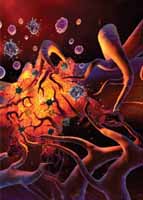 The humoral part of the immunity is blood, lymph, complement system. This part clears our body from slags, feeds with useful substances. Carries the body «Healthy» Purified blood. In addition, he is responsible for the formation of antibodies in the body, which include the so-called B cells. They are formed in the bone marrow, in stem cells. Antibodies are represented by immunoglobulin proteins. The following immunoglobulins are now open - IGM, IGG, IGA, IGD and IGE. Of these, the most universal and well-studied are the classes of immunoglobulins A and G. It is they who neutralize up to 99% of infectious pathogens and toxins falling into our body.
The humoral part of the immunity is blood, lymph, complement system. This part clears our body from slags, feeds with useful substances. Carries the body «Healthy» Purified blood. In addition, he is responsible for the formation of antibodies in the body, which include the so-called B cells. They are formed in the bone marrow, in stem cells. Antibodies are represented by immunoglobulin proteins. The following immunoglobulins are now open - IGM, IGG, IGA, IGD and IGE. Of these, the most universal and well-studied are the classes of immunoglobulins A and G. It is they who neutralize up to 99% of infectious pathogens and toxins falling into our body.
Immunoglobulin G (IgG) can be called the head of the immunoglobulin family, as it is approximately 75% of the entire family. It contains antibodies against almost all bacteria and viruses, protects our skin and respiratory system and acts in blood. IgG (especially IgGI) serves as the only immunoglobulin capable of passing through the placenta, and therefore it is extremely important to protect the child from infection.
Immunoglobulin A (IGA) exhibit its biological activity not in the blood, but on the surface of the mucous membranes of the respiratory tract, eye, oral and nasal cavity, gastrointestinal tract. To understand the importance of this, it suffices to recall that the overwhelming majority of infectious pathogens penetrate our body through the mucous membranes.
Immunoglobulin D (IGD) is contained in blood serum. Immunoglobulin E (IgE) is responsible for all allergic reactions. Protects the body from insect bites, reactions to chocolate, eggs and fish.
Immunoglobulin m (IGM) increases on the presence of infection with syphilis and rubella. An increase in Ig M level is also observed in the diseases of the liver (especially with hepatitis and cirrhosis).
If any of these immunoglobulins are not produced, immunodeficiency occurs.
Concept of congenital immunodeficiency
Immunodeficiency (immunological failure) - a group of various states under which the immune system does not function properly, therefore disease caused by infection occur and repeated more often, they are heavier and last longer than usual.
Immunodeficiency may exist from birth (congenital immunodeficiency) or develop during life.
Congenital immunodeficiency are usually inherited. Although these are rare states, more than 10 different hereditary immunodeficiency are known. In some cases, the number of leukocytes is reduced, it does not differ from the norm in others, but these cells function incorrectly. In third, leukocytes can not perform their function due to the lack of other components of the immune system, such as immunoglobulins or proteins of the complement system. Pediatrician doctors are engaged in the treatment of congenital immunodeficiency.



